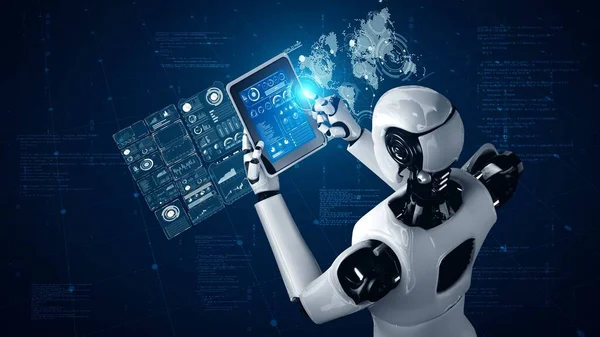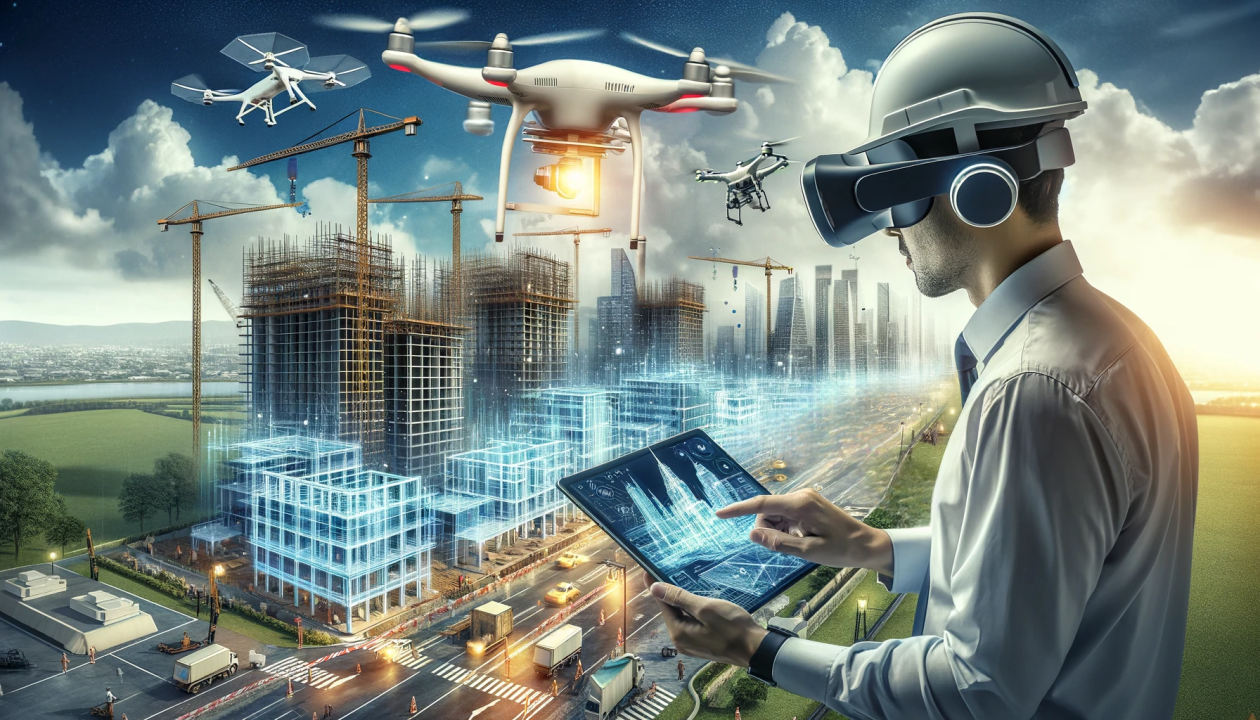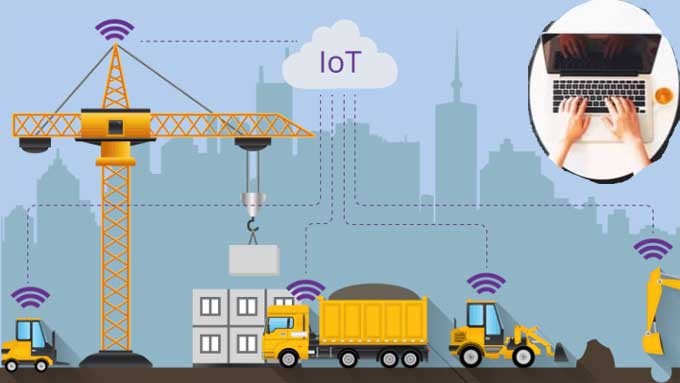Introduction
The construction industry is undergoing a significant transformation driven by rapid technological advancements. In 2024, emerging technologies are set to revolutionize traditional construction practices, enhancing efficiency, safety, and sustainability. From Building Information Modeling (BIM) to advanced construction materials and 3D printing, these innovations are not only changing how projects are designed and executed but also improving the overall quality and environmental impact of construction.
This exploration of the top technology trends will provide insights into the future of construction, highlighting the innovations that are reshaping the industry.
1. Building Information Modeling (BIM)
Enhanced Collaboration: BIM allows all stakeholders to collaborate on a single, shared model of a construction project. This improves coordination, reduces errors, and streamlines communication.
Lifecycle Management: BIM provides insights from the design phase through construction and into maintenance, offering a comprehensive view of the project lifecycle.

2. Artificial Intelligence and Machine Learning
Predictive Analytics: AI and machine learning algorithms analyze data to predict potential issues, such as project delays or equipment failures, enabling proactive management.
Automation: AI-powered robots and drones are used for tasks like site inspection, material transportation, and even bricklaying, increasing productivity and safety.

3. Augmented Reality (AR) and Virtual Reality (VR)
Immersive Visualization: AR and VR technologies allow stakeholders to visualize projects in a 3D environment before construction begins, aiding in design decisions and client presentations.
On-Site Training: VR simulations provide a safe and effective way to train workers in complex machinery and hazardous scenarios.

4. Internet of Things (IoT)
Smart Construction Sites: IoT devices monitor various aspects of the construction site, from equipment usage to environmental conditions, providing real-time data to improve efficiency and safety.
Asset Tracking: IoT-enabled sensors track the location and condition of tools and equipment, reducing theft and optimizing asset utilization.

5. Sustainable Construction Technologies
Green Building Materials: Innovations in materials, such as self-healing concrete and recycled plastic bricks, promote sustainability and reduce the environmental impact of construction projects.
Energy Efficiency: Smart building systems optimize energy use during construction and throughout the building’s lifecycle, contributing to lower operational costs and a smaller carbon footprint.

Conclusion
The adoption of cutting-edge technologies in the construction industry is not just a trend but a necessity for future growth and competitiveness. The advancements in BIM, AI, IoT, and sustainable construction materials are driving the industry towards greater efficiency, safety, and environmental responsibility. As these technologies continue to evolve, they promise to address many of the longstanding challenges in construction, from project delays and cost overruns to safety hazards and environmental impacts.
Embracing these trends will enable construction professionals to deliver higher quality projects, improve operational efficiencies, and contribute to a more sustainable and resilient built environment. The future of construction is bright, and those who leverage these technological innovations will lead the way in shaping the industry.
